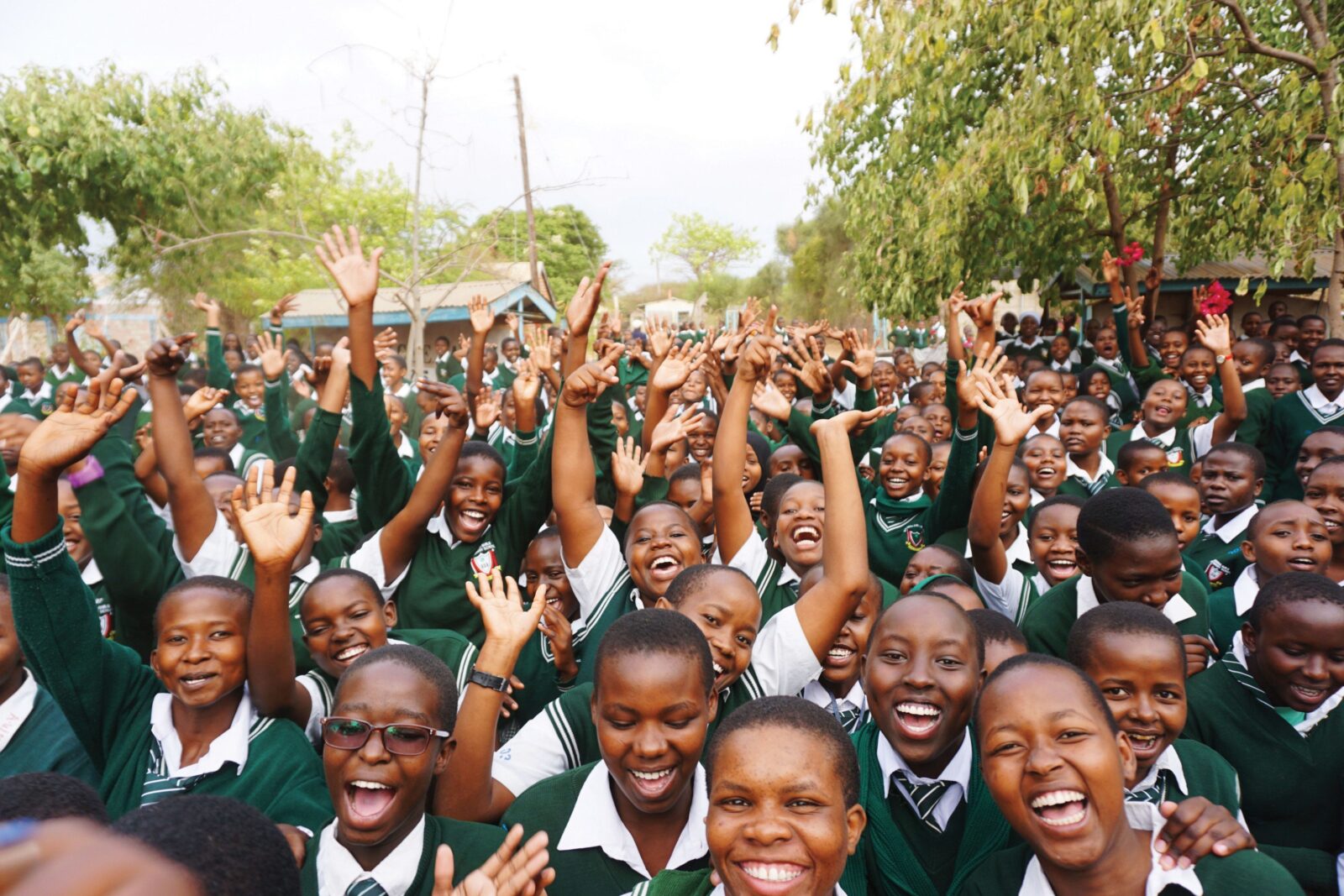Quick Read: The World Bank has committed $1.2 billion to Nigeria’s Adolescent Girls Initiative for Learning and Empowerment (AGILE), aiming to improve secondary education for over 8.6 million girls across 18 states. The program focuses on breaking barriers like poverty and cultural norms, while building schools and promoting gender equality. Since its relaunch, AGILE has constructed 104 schools, rehabilitated 3,922 others, and directly benefited millions of students.
In a groundbreaking move to advance education and empowerment for adolescent girls, the World Bank has pledged $1.2 billion to improve secondary education across 18 states in Nigeria. This initiative, part of the Adolescent Girls Initiative for Learning and Empowerment (AGILE) program, was relaunched in Abuja with a renewed focus on breaking down barriers to education and creating opportunities for millions of girls.
The program aims to address systemic challenges such as poverty, cultural norms, and inadequate school infrastructure, ensuring that girls not only enroll in school but also complete their education and gain access to better economic opportunities.
Empowering Girls, Transforming Communities
World Bank Country Director, Ndiame Diop, emphasized the transformative power of educating girls, calling them “the mirror and mothers of their communities.” The AGILE program is designed to not only improve educational outcomes but also to empower girls to become catalysts for change in their families and communities.
The initiative targets over 15.2 million students, including 8.6 million adolescent girls, across states like Borno, Ekiti, Kano, Kaduna, and Sokoto. It also adopts an inclusive approach by addressing the needs of married and unmarried girls, as well as those living with disabilities.
Ambitious Goals for Education and Inclusion
The AGILE program has set ambitious goals to ensure that girls have access to quality education and the tools they need to succeed. Key objectives include:
- Improving school enrollment and retention rates for girls.
- Building and rehabilitating schools to create a conducive learning environment.
- Providing financial incentives to families to support girls’ education.
- Promoting gender equality in education and beyond.
The program’s impact extends beyond the classroom, with plans to reach over 25 million people through education and empowerment initiatives, demonstrating the ripple effect of investing in girls’ education.
Tangible Progress Already Underway
Since its relaunch, the AGILE program has made significant strides in transforming the educational landscape in Nigeria. Key achievements include:
- Construction of 104 new secondary schools to accommodate more students.
- Rehabilitation of 3,922 schools to improve infrastructure and accessibility.
- Direct benefits to over 2 million girls and 1.7 million boys, showcasing the program’s inclusive approach.
These efforts are not only increasing school attendance but also fostering a culture of gender equality and inclusion in education.
Collaborative Efforts to Break Down Barriers
The success of the AGILE program relies on a collaborative approach involving various stakeholders, including:
- Government agencies to implement policies and provide resources.
- Traditional and religious leaders to address cultural and social barriers.
- Civil society organizations to advocate for girls’ rights and education.
This united effort ensures that systemic challenges, such as early marriage and financial constraints, are effectively addressed, paving the way for more girls to access and complete their education.
A Holistic Vision for Empowerment
The World Bank envisions the AGILE program as more than just an educational initiative. By empowering girls through education, the program aims to:
- Reduce poverty by equipping girls with skills for better economic opportunities.
- Improve health outcomes by promoting awareness and access to healthcare.
- Foster economic stability by creating a more educated and empowered workforce.
Ndiame Diop highlighted that educating girls has a multiplier effect, benefiting not only the individuals but also their families, communities, and future generations.
A Promising Future for Nigeria
The AGILE program represents a pivotal step forward in addressing Nigeria’s education challenges. By focusing on adolescent girls and marginalized communities, this $1.2 billion investment has the potential to break cycles of poverty and inequality, unlocking untapped potential and creating brighter futures for millions.
As Nigeria prioritizes girls’ education, it is not just investing in individual lives—it is laying the foundation for sustainable national growth and development. The AGILE program stands as a testament to the transformative power of education and the promise of a more equitable and prosperous future.


















